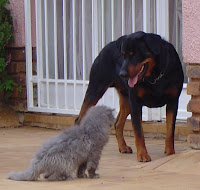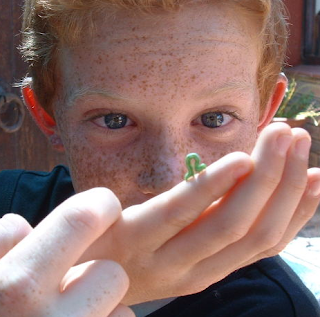I'll post some of them here on the blog, but for the complete version, refer to the Serbian101-102 course. Here comes its short description:
- Tenses: Present Simple and Past Simple Tense
- Cases: Nominative, Accusative, Instrumental and Locative
- Modals: Can, Must
- Pronouns: Personal and Possessive Pronouns
- Adjectives: Possessive Adjectives and Noun-adjective Agreement
- Numbers: Cardinal and Ordinal
- functions such as:
- Greetings
- Introductions
- Asking for Clarification/Explanation
- Asking about Directions
- Giving Directions
- Requesting
- Offering
- Expressing Likes and Dislikes
- Asking about Likes and Dislikes
- situations such as:
- Meeting People
- Small Talk
- In a Restaurant
- Shopping
- Arranging a Meeting
- Talking about Family
- Talking about Routines
- Talking about your Life
- vocabulary topics such as:
- Family members
- Numbers
- Food
- Souvenirs
- Places in a city
- Countries and Cities
- Means of transport
- Colours
- Jobs and occupations

.png)

















